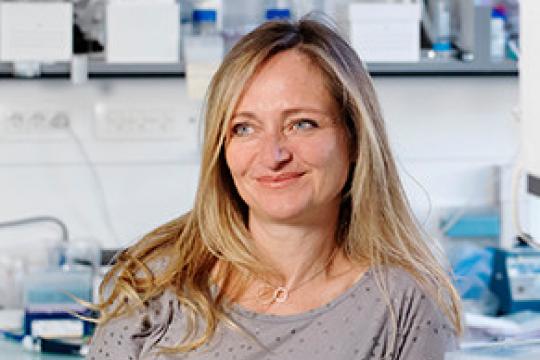Neuroendocrine regulation of immunity
The survival of living organisms depends on their capacity to mount a defense against environmental agents that cause tissue damage and infection. Traditionally, the activity of the immune system in repairing tissue injury and combating pathogens has been considered quite different from that of the nervous system, which transduces environmental or internal damaging signals into electrical activity to produce reflexes and sensations. However, anatomical and cellular bases for bidirectional interactions between these two systems have been established. We are investigating how neural and immune signals are interconnected and integrated to shape the host response to pathogens and injuries. Stress can be defined as a state of altered homeostasis resulting from external or internal stimuli, including inflammatory processes, infections and pain. In response to these stimuli, various adaptive neuroendocrine mechanisms are induced to restore homeostasis. Part of this response is initiated within the central nervous system and translated into action by the hypothalamic-pituitary-adrenal (HPA) axis. This neuroendocrine pathway has been shown to modulate inflammatory and immune responses but the precise molecular and cellular mechanisms remain unclear. In addition, sensory nerves are stimulated when an injury, an infection or an inflammation occurs in tissues. These neurons convey the damaging information to the brain (inducing pain) and release a number of mediators and neuropeptides in situ that can modulate the function of immune cells locally. By studying these pathways, we identified new regulatory mechanisms revealing a role of the nervous system in immunity.
Centre d’Immunologie de Marseille Luminy – CIML
Parc Scientifique et technologique de Luminy
13288 Marseille cedex 9 (France)
Invitée par F. MUSCATELLI
Salle de conférence INMED, lundi 26 juin 2017 à 11h

